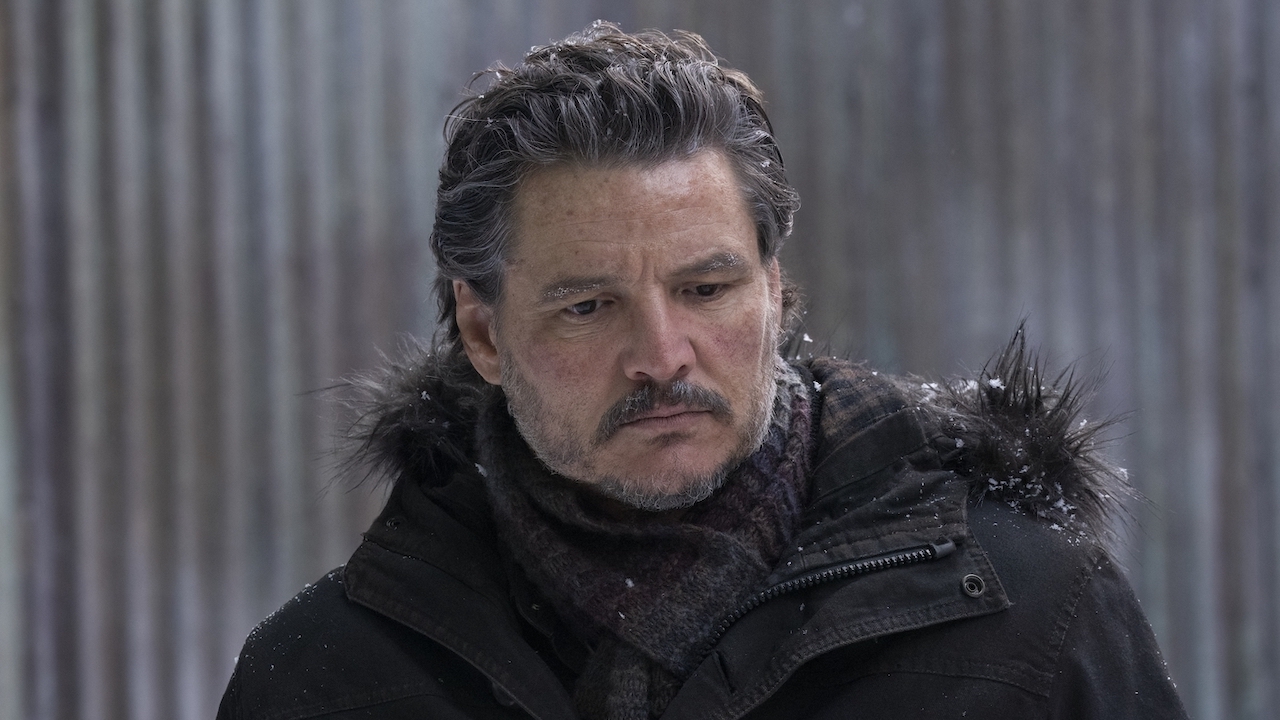Ballerinas live a life of extreme discipline, dedicated almost entirely to their craft. In Black Swan director Darren Aronofsky attacks that regimented lifestyle with utter chaos. He follows the most controlled member of a ballet troop and then lets us watch what happens when she attempts to let go in the service of what could be her greatest role. The result is either a ghost story, or total madness.
Whatever’s going on, Nina’s (Natalie Portman) life is starting to unravel. At first she’s just anxious about her career. She’s been a member of the same ballet company for years, and though no one works harder, she’s never really gotten her big break. Portman plays Nina as tightly wound and closed off, a woman so focused on dance that her life seems to contain almost nothing else. That begins to change when their director (Vince Cassel) announces they’ll be putting on a revitalized, stripped down version of the classic “Swan Lake” and, they’ll need to cast a new lead to play the Swan Queen. The part requires someone who can handle a dual role as both the White Swan and her evil twin, the Black Swan. Nina executes the White Swan flawlessly, but to pull off the Black Swan she’ll have to find a different kind of reckless perfection, somewhere inside herself.
In another movie the principle question would be whether Nina will ever learn to dance the Black Swan. In Aronofsky’s hands, it becomes more a question of whether or not she’ll survive it. Portman will stun audiences with her ability to convincingly pull off some of the most beautiful and haunting dance sequences ever seen on screen, but what really makes Black Swan work is the fragility she conveys as Nina. It’s as if the world is much too big for this one girl to handle, and as she lets it start pouring in, she begins to lose it.
Yet to dance the Black Swan she must lose herself somewhere in the role, abandoning her controlled façade. Her director seems to believe that sexuality will open her up, and in the film’s more erotic moments Nina experiments with her body for what seems almost as though it’s the first time. She doesn’t suddenly turn into Sharon Stone, instead the more she’s pushed to explore herself the more she falls apart. She clashes with a new dancer named Lilly (Mila Kunis) and begins to suspect that Lilly’s out to steal her job. She struggles with the motivation behind her dance routines, and seeks advice from people utterly ill-equipped to give it. In the end she’s all alone and Nina’s dedication to ballet may make her seem strong, but Portman gives us something else, something easily shattered, not far below the surface. It’s a stellar performance, both for its physicality and its subtlety. It’s the best of Natalie Portman’s career.
As for Aronosfky, this is the stripped down and gritty director he became for The Wrestler, on display yet again to showcase yet another amazing individual performance. Black Swan is eerily beautiful in its best moments, but if you’ve seen Aronofsky’s older work, you know he’s capable of even more complex and layered visual wizardry. Instead he’s restrained, for the most part letting the film’s haunting performance from Portman speak for itself, resorting to visual trickery only in careful measure. Really the story’s so precisely constructed and so performance driven that, at times when bigger special effects are called for, they seem almost clumsy by comparison. Is it intentional or is this a clue to what’s going on in Nina’s head? I’m not sure it matters.
I’m not sure the ballet really matters either. The film is filled with dance and every tip-toe moment is so utterly engrossing that whether or not you care about the art form you’ll be glued to the screen. But it’s not because Black Swan is in love with dance that you’ll find yourself sharing in Nina’s obsession. Aronofsky’s movie is in love with and driven by the price of perfection. Equal parts psychological drama and mad horror thriller, Black Swan is a pressure cooker with one, fragile girl stuck at the center. Once she starts spinning, you won’t be able to look away.












